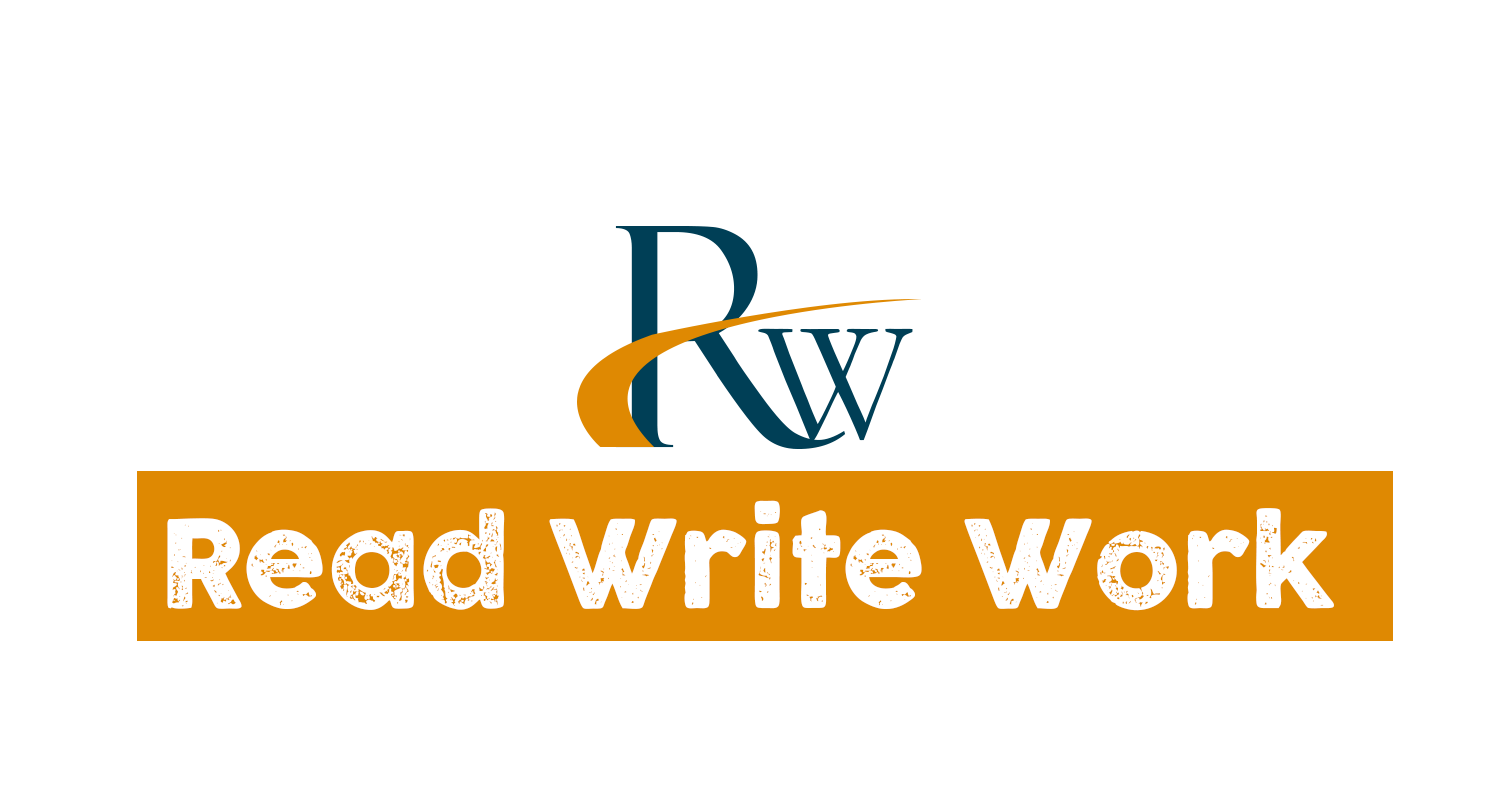Introduction
In today’s rapidly changing world, education has evolved beyond traditional classroom boundaries. Schools are no longer just places where students acquire academic knowledge; they have become ecosystems of learning that extend into society itself. This shift has given rise to two distinct yet interconnected approaches: School Based ecosystem learning and Society-Based Ecosystem Learning. In this article, we will explore these two concepts and discuss how they work together to provide a holistic and well-rounded education.
School-Based Ecosystem Learning
School-Based Ecosystem Learning refers to the educational approach that takes place within the confines of a school or educational institution. This approach focuses on structured curricula, classrooms, teachers, and standardized assessments. It aims to equip students with the knowledge and skills needed to succeed academically and eventually in their careers. While this traditional form of learning is essential, it often needs to prepare students for the challenges they will face in the real world.
Schools, as ecosystems of learning, have the potential to provide students with valuable experiences and knowledge. However, they must adapt to a changing landscape and incorporate elements of Society Based ecosystem learning to ensure a comprehensive education.
Society-Based Ecosystem Learning
Society-Based Ecosystem Learning extends the boundaries of traditional education beyond the classroom. It recognizes that learning doesn’t stop when the school day ends but continues throughout one’s life. In this approach, students are encouraged to engage with their communities, interact with diverse individuals, and tackle real-world problems. This type of learning nurtures social skills, empathy, and a deep understanding of the complexities of the world.
By actively participating in society, students gain practical knowledge that complements their academic learning. They learn about teamwork, problem-solving, and the importance of civic responsibility. Furthermore, they develop a sense of agency, realizing that they can make a positive impact on the world around them.
Bridging the Gap
To provide a well-rounded education, it is crucial to bridge the gap between School-Based Ecosystem Learning and Society-Based Ecosystem Learning. Here are some strategies for achieving this integration:
- Experiential Learning: Schools can incorporate experiential learning opportunities into their curriculum. Field trips, internships, and service-learning projects allow students to apply what they’ve learned in the classroom to real-life situations.
- Community Partnerships: Collaboration with local organizations and businesses can provide students with exposure to real-world challenges. These partnerships can lead to mentorship opportunities, career exploration, and community engagement.
- Project-Based Learning: Integrating project-based learning into the curriculum encourages students to work on meaningful projects that address societal issues. This approach fosters critical thinking, problem-solving, and creativity.
- Social and Emotional Learning (SEL): SEL programs can help students develop essential life skills such as self-awareness, empathy, and interpersonal communication. These skills are invaluable in both school and society.
- Digital Literacy: In the age of technology, teaching digital literacy is essential. Students should learn not only how to use digital tools but also how to navigate the digital landscape responsibly and ethically.
Conclusion
School-Based Ecosystem Learning and Society-Based Ecosystem Learning are not mutually exclusive but rather complementary approaches to education. By merging these two concepts, we can provide students with a holistic education that prepares them for the complexities of the modern world.
In this interconnected ecosystem of learning, schools serve as the foundation for academic knowledge, while society becomes the laboratory for applying that knowledge. Through experiential learning, community engagement, and the development of essential life skills, students are better equipped to thrive academically, personally, and as active, responsible members of society. This integration ensures that education is not just a means to an end but a lifelong journey of growth and contribution to the world.







